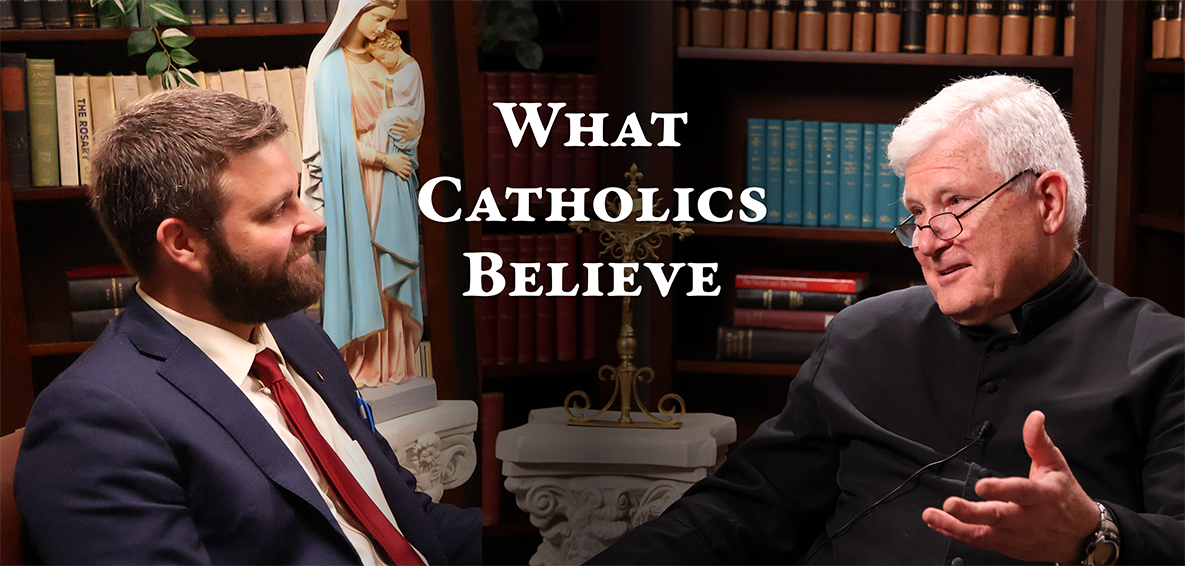Memento Mori!
During the month of November, the Catholic Church reminds us of the inescapable reality of death to this world — the deaths of others who have already passed away, and our own inevitable deaths at some moment in the future. This reminder by the Church is not at all meant to depress or worry us, but rather to impress upon us the importance of the gift of a lifetime, the responsibility we have to use that time well, and the wondrous reward that awaits the faithful soul in eternity.
While the Church recalls that death is "the wages of sin" but also that the Resurrection of Christ has taken the "sting" away from death, the modern world on the other hand celebrates death for its own sake, as something ghastly and fascinating. Fundamentalist Protestants are fond of blaming the Catholic Church for the modern preoccupation with Halloween as a hellish night of horror and witchcraft and satanic rituals. But in fact the rise of Protestantism, which did away with belief in and devotion to the saints, destroyed the real meaning of All Hallows Eve as a day of preparation to celebrate our Communion with Christ's saints and, in so doing, allowed Halloween to slip back into the pagan preoccupation with devils, monsters and lost souls. Protestantism took the day away from Christ's saints and the Christian faithful and gave it over to the pagans and their demons.
As the Preface for the Requiem Mass prays, for those who are faithful to Christ "life is not ended but transformed" through death. What we call "death" is merely the temporary separation of the soul from the body, a separation which will be reversed when the soul and body are reunited at the Resurrection for the General Judgment of all mankind. When we see how quickly the body disintegrates without the life-giving union with the soul, we can better appreciate how powerful and magnificent the human soul must be to be able to make dust live, walk, speak, think, believe, hope and love. The immortal soul remains always; it cannot die; it can never cease to be. But the last book of the Bible, the Apocalypse, which is read on All Saints Day and throughout its octave, speaks of a "second death" — that is, when the soul devoid of God's grace is condemned at the inevitable judgment to the fires of hell from which there is no escape. That is the one real fear we should have. In order to save us from this second and permanent death and, in a sense, the endless dying of the soul in hell, God Himself became Man and endured the first death. Thus, all the saints in Heaven and the souls in purgatory continually thank Him with all their hearts for having rescued them from everlasting death, and they rejoice that the days of their earthly deaths were actually the days of their births into everlasting life. In order to join them some day, we also must be filled with gratitude to Him during our mortal lives here on earth, and we must learn to appreciate the great gifts God has given us in Himself, Crucified and Risen, in His Blessed Mother and in all His saints. And we must pray for the poor but Holy Souls who are saints-in-waiting.

